West of England mayor candidates aim to raise role's profile
- Published
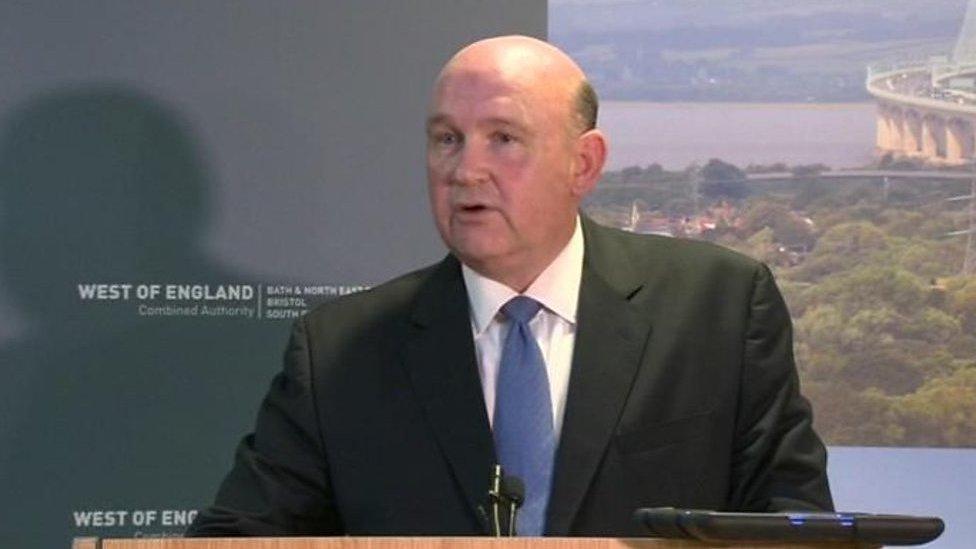
Tim Bowles became the first West of England Mayor when he was elected in 2017 - the year the role was created
Only 7% of voters know who the current West of England Mayor, Tim Bowles, is, a survey suggests.
The figure was revealed as candidates hoping to become the next metro mayor were asked how they would make the role better known to the public.
Conservative Mr Bowles is retiring after four years in the role, which covers Bristol, South Gloucestershire and Bath and North East Somerset.
People will go to the polls on 6 May to vote for one of four candidates.
It comes a week after Prime Minister Boris Johnson also struggled to name the mayor when asked by reporters.
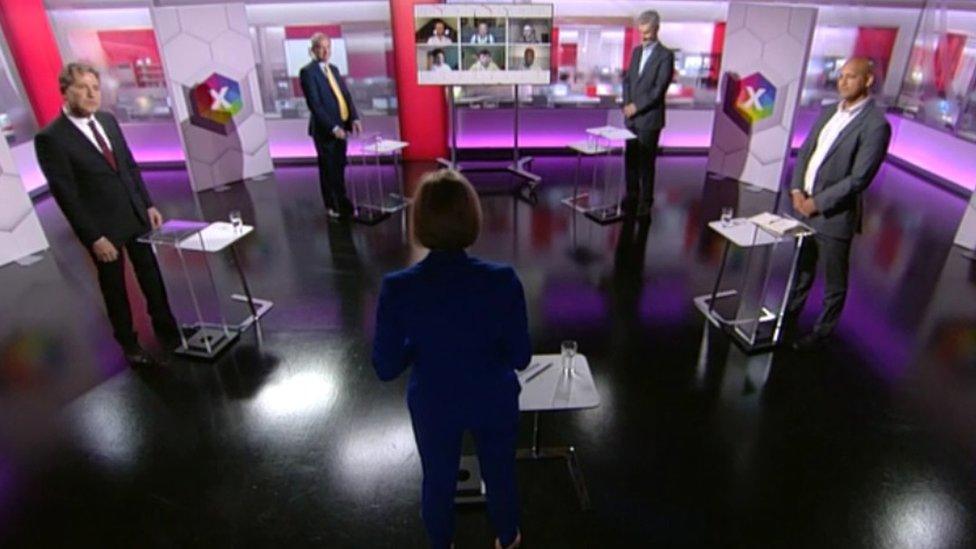
The West of England Mayor's responsibilities include setting housing targets, access to adult education and training and public transport
The four candidates are former Labour MP Dan Norris, ex-Bristol West MP Stephen Williams for the Liberal Democrats, Bristol councillor Jerome Thomas for the Green Party and businessman Samuel Williams for the Conservatives.
In a special debate for BBC Politics West, the candidates were asked how they would engage people after the recent survey by thinktank Centre for Cities suggested that while 66% of voters were aware there is a West of England Mayor, only 7% could correctly name him.
Some 10% of people incorrectly named Bristol Mayor, Marvin Rees, as the West of England mayor.
Residents were interviewed in February and March this year and the confusion appeared to be especially prevalent in Bristol, with 16% of residents in the city naming Mr Rees as the current mayor of the West of England, compared with only 5% who named Tim Bowles.
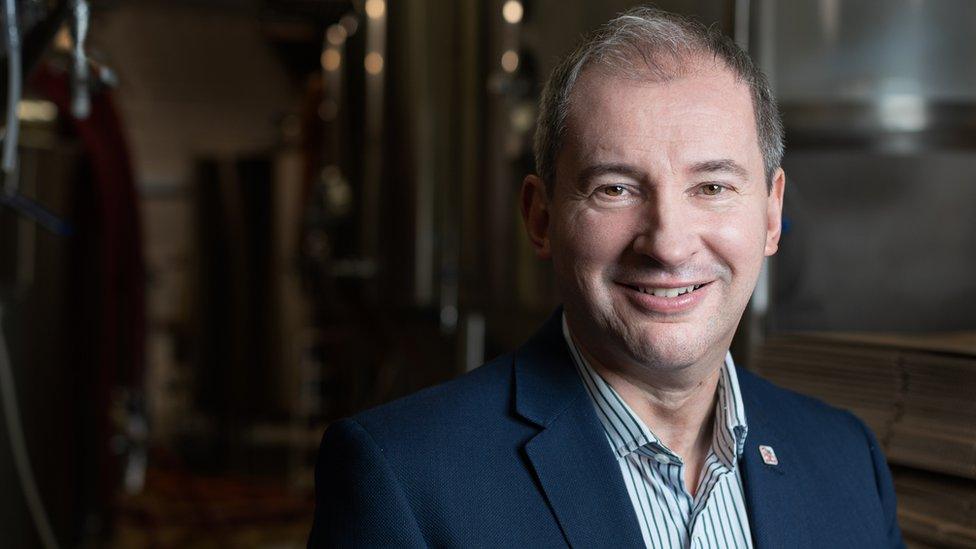
Stephen Williams of the Liberal Democrats said he wanted to make the region carbon neutral by 2030
Stephen Williams said that he would look to raise the profile of the position after four years of an "invisible and ineffective" mayor.
"That's been a problem and we've punched below our weight. We can't afford to spend the next four years with someone with the same profile," he said.
"In the poll that showed only 7% of people knew who our mayor was, 60% knew who the mayor of Greater Manchester was and the mayor of London."
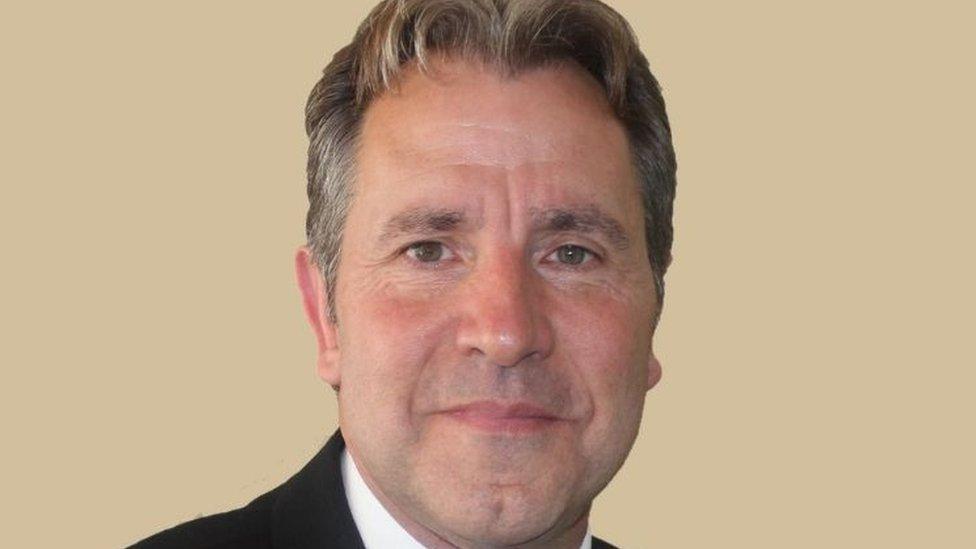
Dan Norris was elected three times as Labour MP for Wansdyke, leaving the role in 2010
Mr Norris said that Greater Manchester Mayor, Andy Burnham, and London Mayor, Sadiq Khan, were examples of Labour metro mayors who had showed how to use the role effectively.
"They've been a real opposition to the government when they've been excessive and unreasonable and that's a very important thing," he said.
"I can't tell you how many people who have told me it's not just the metro mayor, it's our region which is invisible. We want to be on the national map, we want to be on the global map."
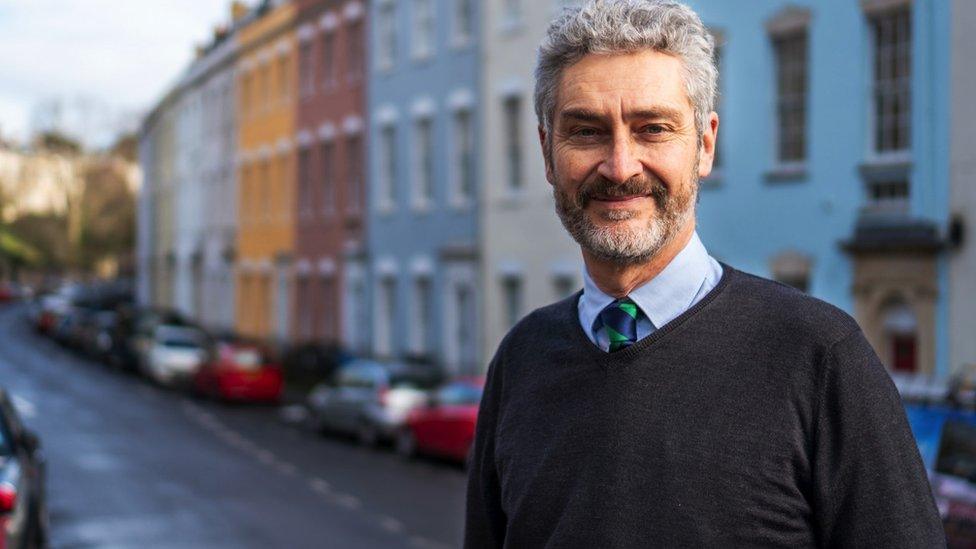
Entrepreneur Jerome Thomas said it was important for training to be available to those who had lost jobs as a result of the pandemic
Mr Thomas said it would "send the strongest message" to the government if the region voted him the country's first green metro mayor.
"We know things like electric cars and wind turbines, once considered impractical, are now established and mainstream, so we have the solutions we just need to get on with it and that includes growing more local food, insulating homes and improving public transport," he said.
Conservative Samuel Williams is hoping to succeed fellow Tory Mr Bowles and defended the work he had done which had brought "over a billion pounds" of investment, but agreed "we can do a huge amount more".
"I will be picking-up the phone and talking to Number 11, talking to Number 10, to make sure that we are able to unlock more investment," he said.
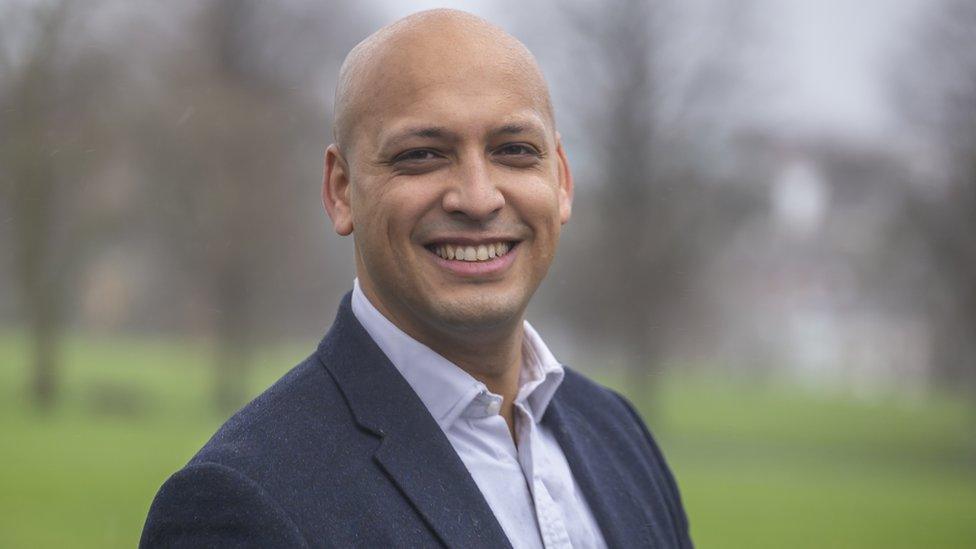
Samuel Williams was a candidate for Bristol Mayor before last year's election was aborted and defended Tim Bowles's record as mayor
The candidates taking part in the televised debate were also asked about housing, public transport, pandemic recovery including making jobs and retraining more accessible, as well as their environmental credentials.
Samuel Williams said "we have a housing crisis", which could be improved by "building sustainable and affordable homes rather than allowing developers to maximise their profits", adding "we need a change of direction".
While Mr Norris said the "market was broken" and the lack of affordable homes for people was "not acceptable" as he promoted development on brownfield sites.
Stephen Williams said everyone should be able to aspire to buy a home that suits their needs and Mr Thomas added he would introduce community land associations to allow people to build the properties relevant to them.
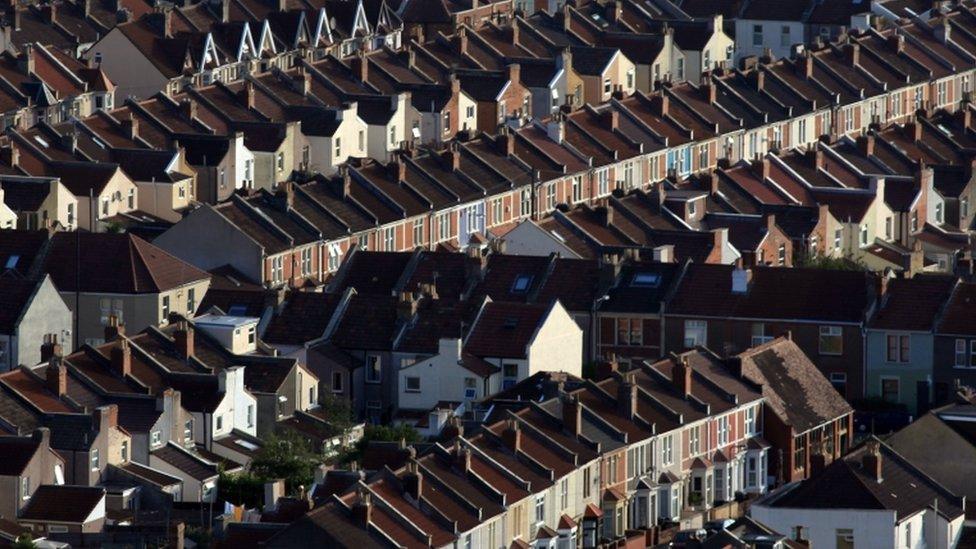
Candidates agreed that more houses need to be built and that it was important to make them affordable for both buyers and renters
On public transport, Mr Thomas said it was vital to reduce the number of cars on the road, while Stephen Williams said he would franchise bus services.
Meanwhile on jobs and training, Mr Norris said he would work with businesses, colleges and universities to provide more opportunities and said "strong leadership" was required to ensure central government money came to the region.
Mr Thomas added he would put the environment at the heart of every decision and cited the proposed expansion of Bristol Airport as an example of something that should not be about "short-term jobs, but the bigger picture of sustainability".

Follow BBC West on Facebook, external, Twitter, external and Instagram, external. Send your story ideas to: bristol@bbc.co.uk , external
- Published29 March 2021
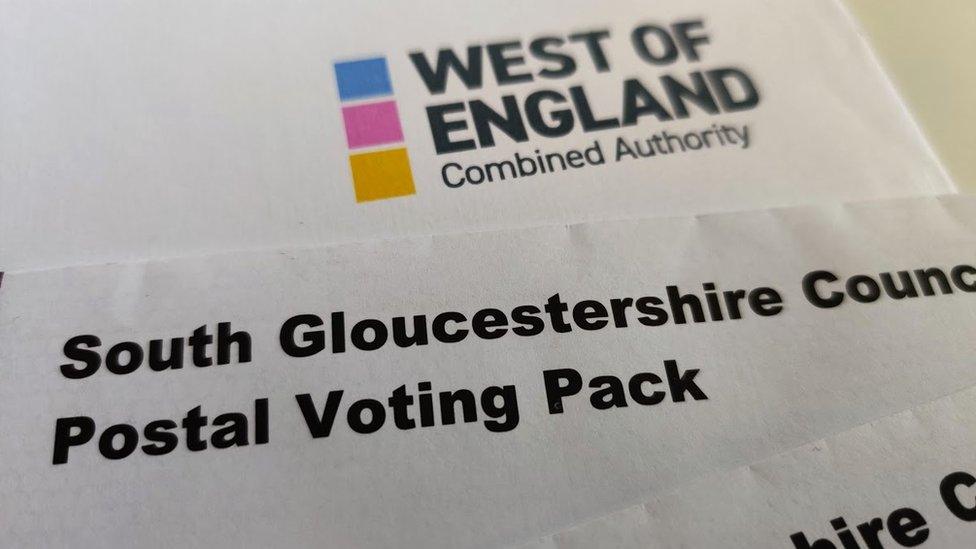
- Published19 April 2021
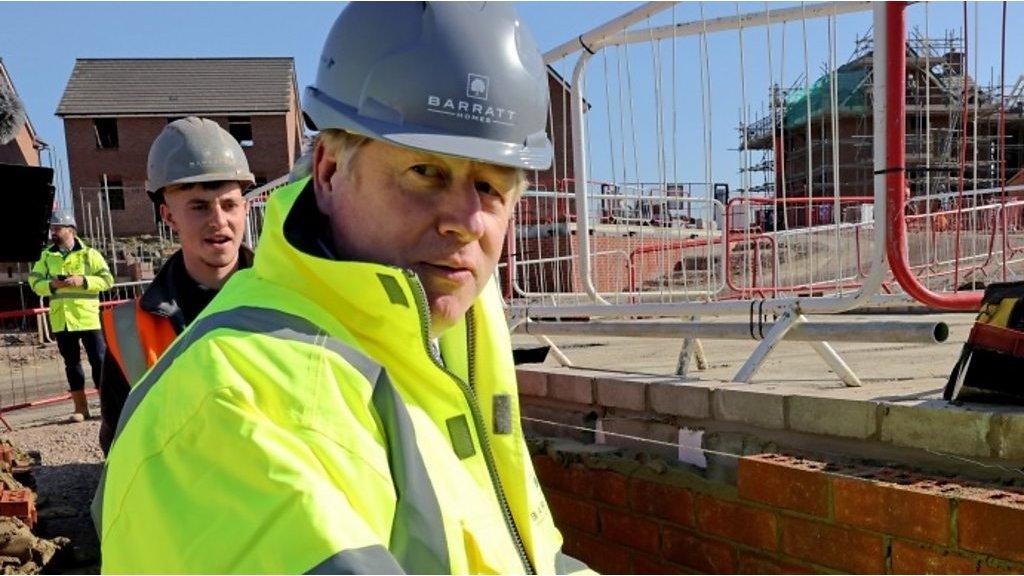
- Published24 November 2020
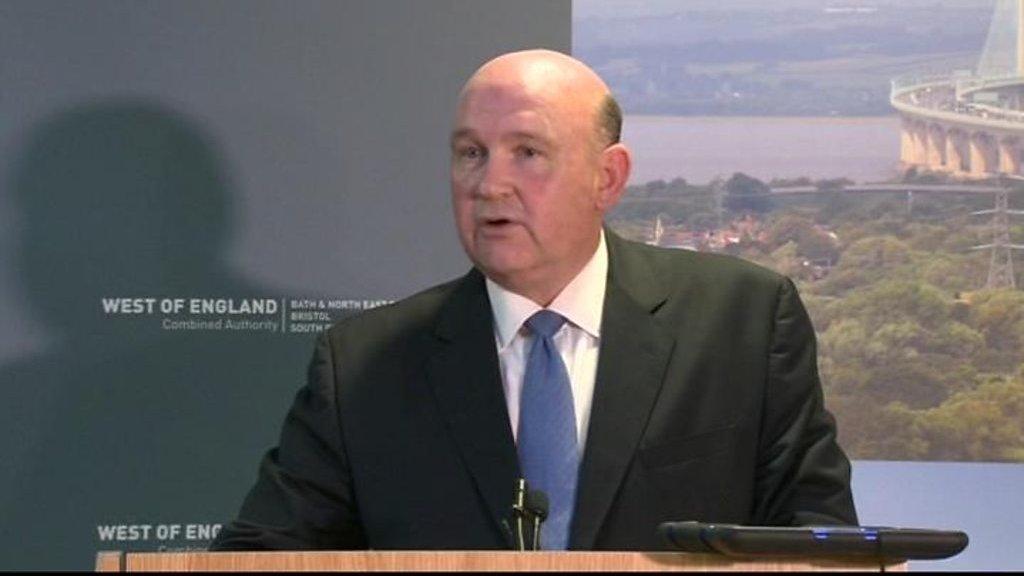
- Published8 May 2017
